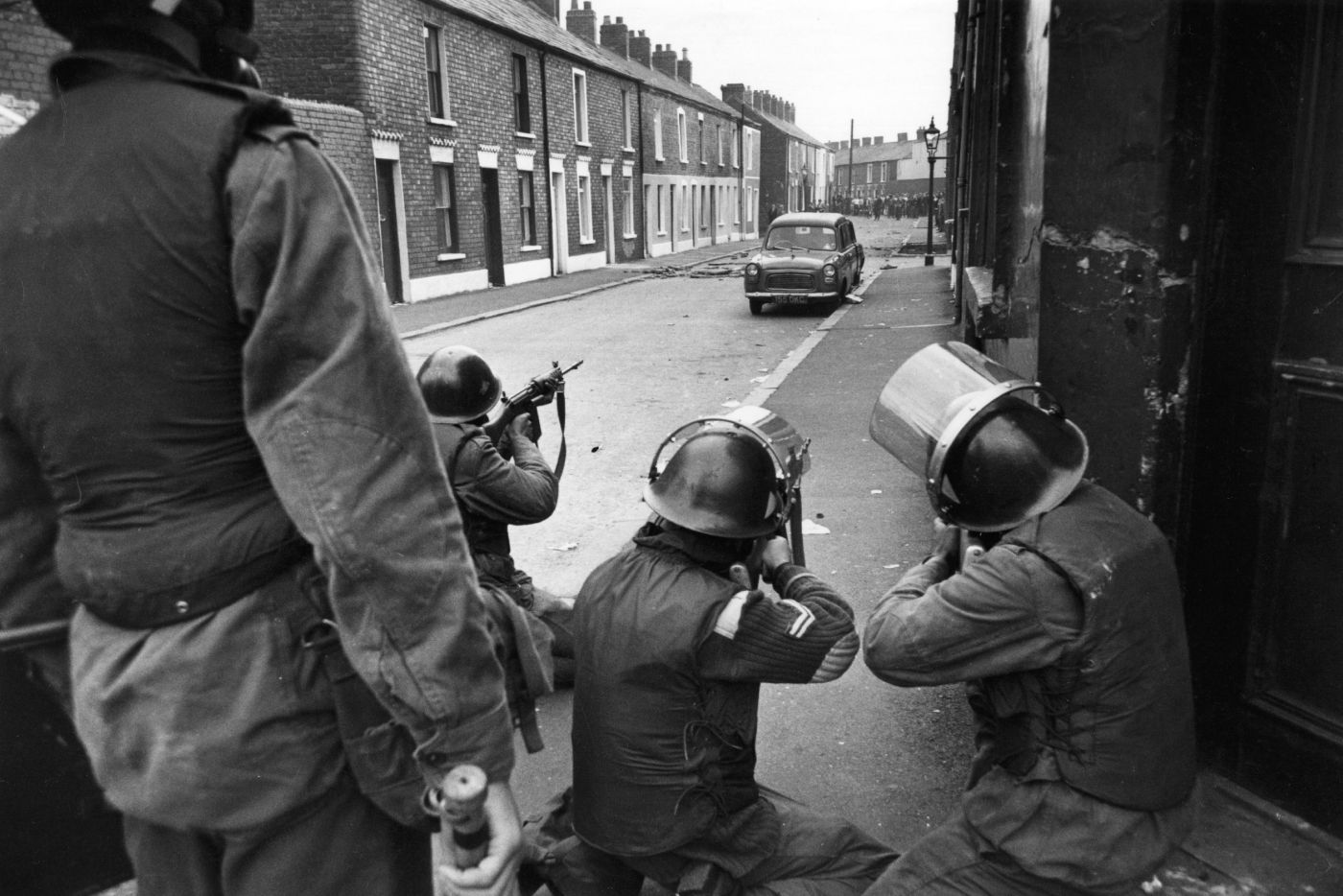
Northern Ireland judge rules that amnesty law for ‘the Troubles’ breaches human rights
LONDON (AP) — A new law that gives immunity from prosecution for most offenses committed during Northern Ireland’s decades of sectarian violence is not compliant with human rights, a judge in Belfast ruled Wednesday.
The British government’s Legacy and Reconciliation Bill, passed in September, stops most prosecutions for alleged killings by militant groups and British soldiers during “the Troubles” — the period in Northern Ireland from the 1960s to the ’90s in which more than 3,500 people died.
The law was widely opposed by people in Northern Ireland and the Irish government. Critics say it shuts down access to justice for victims and survivors.
Ruling in a legal challenge brought by victims and their families, Justice Adrian Colton said the law’s provision for conditional immunity from prosecution breaches the European Convention on Human Rights.
The judge also said the law will not contribute to peace in Northern Ireland.
“There is no evidence that the granting of immunity under the act will in any way contribute to reconciliation in Northern Ireland; indeed the evidence is to the contrary,” he said at Belfast High Court.
Colton also ruled that a new body set up to probe Troubles killings, to be loosely modeled on South Africa’s post-apartheid Truth and Reconciliation Commission, could carry out human rights-compliant investigations.
Britain’s government said it will consider the ruling carefully but added that it remained “committed” to implementing the legacy bill.
The 1998 Good Friday peace accord largely ended violence in Northern Ireland, and British authorities say the law will allow the country to move on.
But those who lost loved ones have said the law would airbrush the past and allow killers to get away with murder. Dozens of legacy inquests have yet to be heard.
Ongoing lawsuits include a case brought against former Sinn Fein leader Gerry Adams by three people who were wounded in bombings attributed to the Irish Republican Army more than 50 years ago.
The case is likely to be one of the last court efforts by victims seeking justice.
In December, the Irish government launched a separate legal case against Britain’s government over the Troubles law at the European Court of Human Rights.
Related Articles
Irfan Galaria: I’m an American doctor who went to Gaza. Here’s what I saw
UK’s Prince William pulls out of memorial service for his godfather because of ‘personal matter’
Air Force member has died after setting himself on fire outside the Israeli embassy in DC
Trudy Rubin: A bad case of Putin-envy prevents Trump from calling out the death of Alexei Navalny
Other voices: Countering Putin requires concerted action


